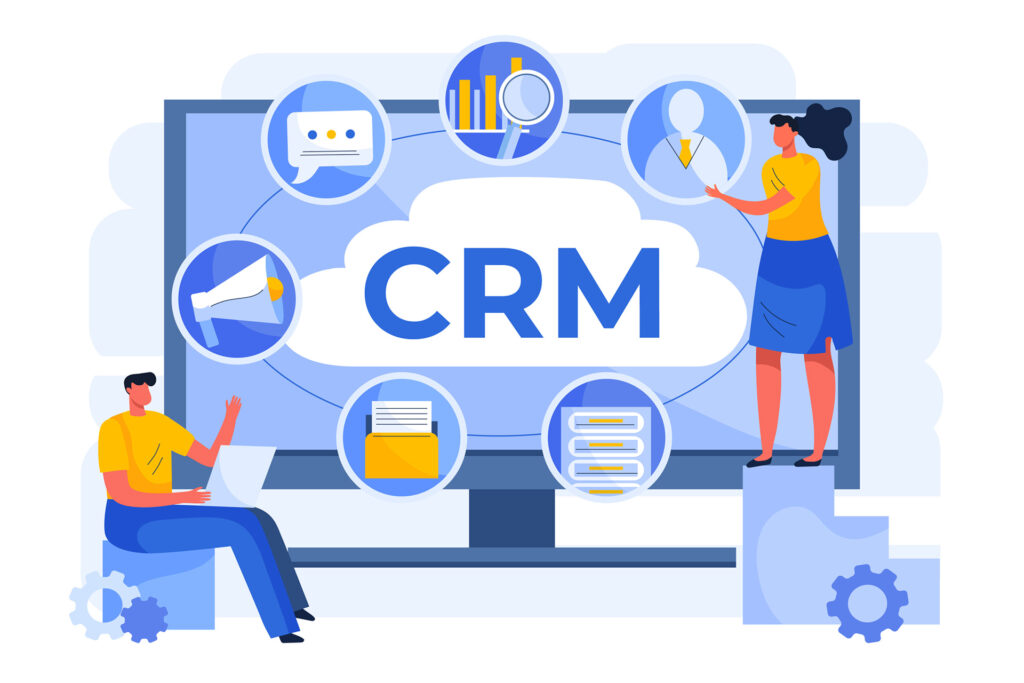Best Practices for Implementing CRM in Your Business

Successful CRM implementation requires careful planning and execution. Below are some best practices that can help your business get the most out of CRM.
Preparation and Planning
- Setting Goals: Before starting the implementation, it is important to define your goals. Want to improve customer service? Increase sales? Improve data analysis?
- Choosing the Right Solution: There are many different CRM solutions on the market. Choose the one that best suits your needs and budget.
- Staff Training: Ensure your staff are properly trained in the use of CRM. Training is critical to successful implementation.
Implementation and Monitoring
- Step-by-Step Implementation: Instead of trying to implement CRM across all functions at once, start with the most critical pieces and work your way up.
- Data Collection and Data clean up: Before entering your data into CRM, make sure it’s clean and organized. This will prevent problems in the future.
- Customization and Personalization: CRM should be tailored to the needs of your business. Customize settings and functions to best suit your processes.
Continuous Improvement
- Evaluation and Feedback: Continually evaluate CRM performance and solicit feedback from users. This will help you identify problems and make improvements.
- Track Trends and Technologies: Technology is constantly evolving. Keep track of new CRM trends and upgrades to stay competitive.
- Expand Use: As you become familiar with CRM, explore new features and capabilities that you can incorporate into your business.
CRM implementation is not a one-time process, but an ongoing effort to improve business processes. By following these best practices, you can ensure the success and return on your CRM investment.
